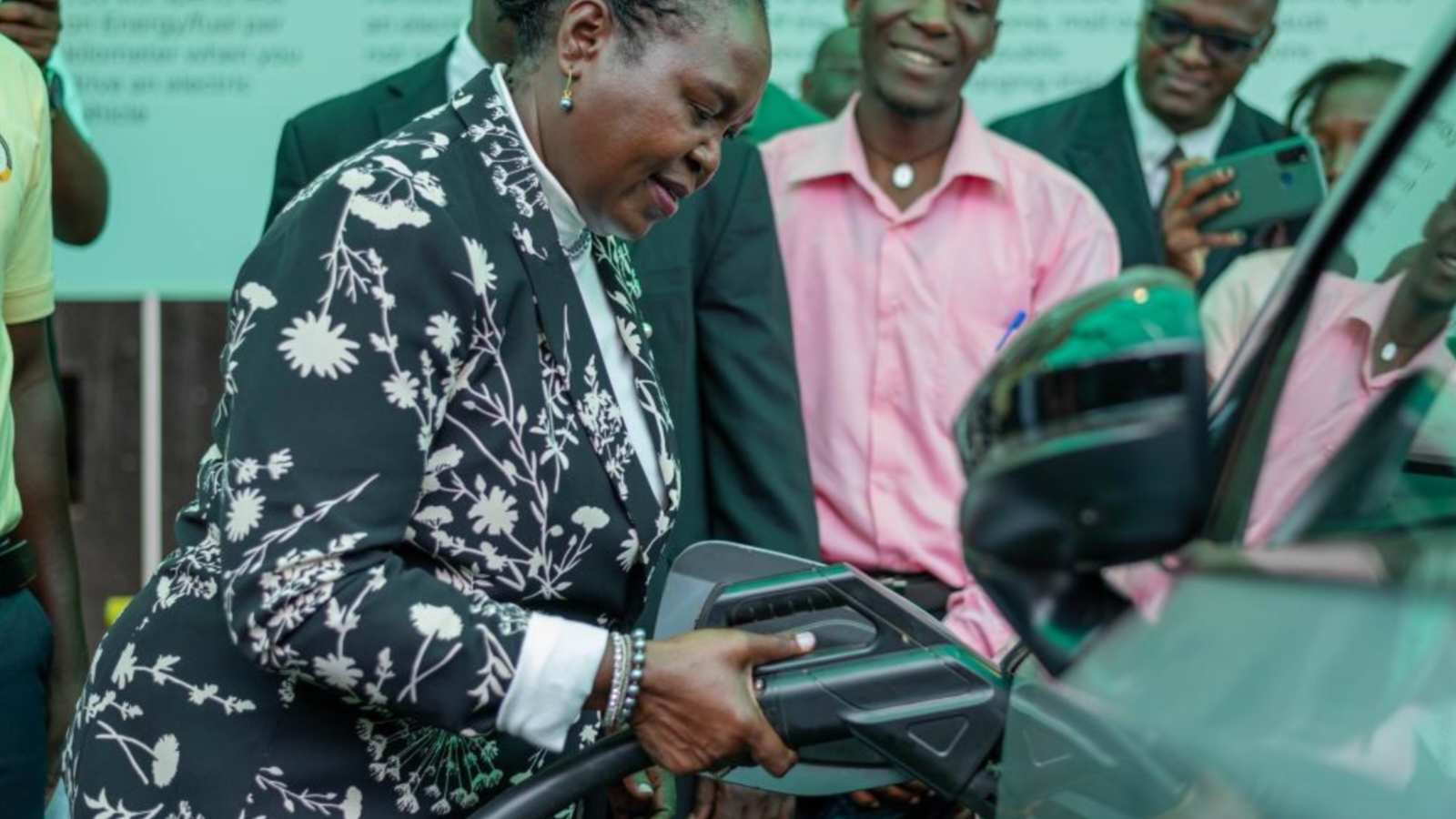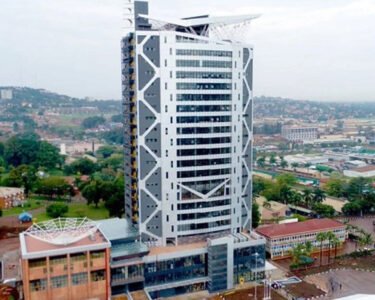Uganda has begun blending petrol with ethanol under a new government programme aimed at cutting fuel costs, supporting local farmers, and reducing dependence on imported fossil fuels.
The Minister for Energy and Mineral Development, Dr. Ruth Nankabirwa Ssentamu, made the announcement at the Uganda Media Centre in Kampala on Tuesday, marking what she called a “significant milestone” in the country’s shift toward cleaner, more sustainable energy.
48 Suspects Arrested in Police Crackdown on Criminal Hotspots in Kajjansi
UNFPA Reports Millions Unable to Have Children Due to Economic and Social Barriers
Police Deny Link Between Nakiwolo Murder and Post-Museveni Nomination Robbery Gang
Teachers End Strike After Meeting with President, Return to Classrooms
Besigye to Deliver Keynote Address from Prison at PFF Inauguration
Ministry of Health Considers Free HIV Prevention Injection for Ugandans
Presidential Crackdown Exposes Deep-Rooted Corruption in Mpigi Job Recruitment
Semujju Demands Probe Into Gen. Damulira Over Gang Assault onthe Public
The new fuel, known as E5, is a mixture of 95% petrol and 5% ethanol. The blending is being done in accordance with the Biofuels Act 2020 and the Biofuels (Licensing) Regulations 2022. The programme will undergo a six-month incubation period ending December 31, 2025, during which full operational readiness is expected to be achieved.
Dr. Nankabirwa said the ethanol will be sourced from local producers, including Kakira Sugar, Hoima Sugar, G.M. Sugar, Bukona Agro-Processors and others, who currently produce up to 78.5 million litres annually. An additional 110 million litres of ethanol production is expected in the near future.
Four fuel blending facilities have been licensed to operate at key border entry points: Modern Energy Ltd in Busia, Bukona Agro Processors Ltd in Malaba, Afro-Kai Ltd in Mutukula, and Lake Victoria Logistics in Kawuku, Entebbe. Combined, these facilities will process approximately 110 million litres of petrol annually.
The government expects that using locally produced ethanol will not only reduce fuel prices but also create jobs, boost agro-industrialisation, and reduce emissions from the transport sector.
Denatured ethanol has been exempted from taxes to make it more affordable for both blending and household use, especially for cooking. Dr. Nankabirwa also said standards for blended fuel have been finalized in partnership with the Uganda National Bureau of Standards (UNBS) to ensure quality and prevent fuel adulteration.
The minister encouraged oil marketing companies to prepare for the full rollout of the blending programme, which is expected to be officially launched in August.
Read Also
Ingrid Turinawe Launches Bid for Rukungiri Municipality MP Seat, Vows to Be Voice for the Voiceless
Police Gun Down Three Robbery Suspects in Lungujja Night Patrol Shootout
Bobi Wine Accuses Museveni of Deploying Criminal Gangs to Intimidate Citizens
Museveni Cites Public Support as He Seeks Fresh Mandate for NRM Leadership
Uganda to Introduce Groundbreaking HIV Prevention Injection After Global Approval
Museveni Questions Cattle Compensation Fraud in Teso
Mpigi LCV Chairperson, Service Commission Officials Arrested Over Job Bribery Scandal
“This is a turning point for Uganda’s energy future,” said Dr. Nankabirwa. “We are reducing emissions, cutting fuel costs, and empowering our farmers and processors with new market opportunities.”
The government believes that with time, the biofuels programme could open doors to export opportunities, including in the aviation sector, where global demand for ethanol-blended fuel is rising.





